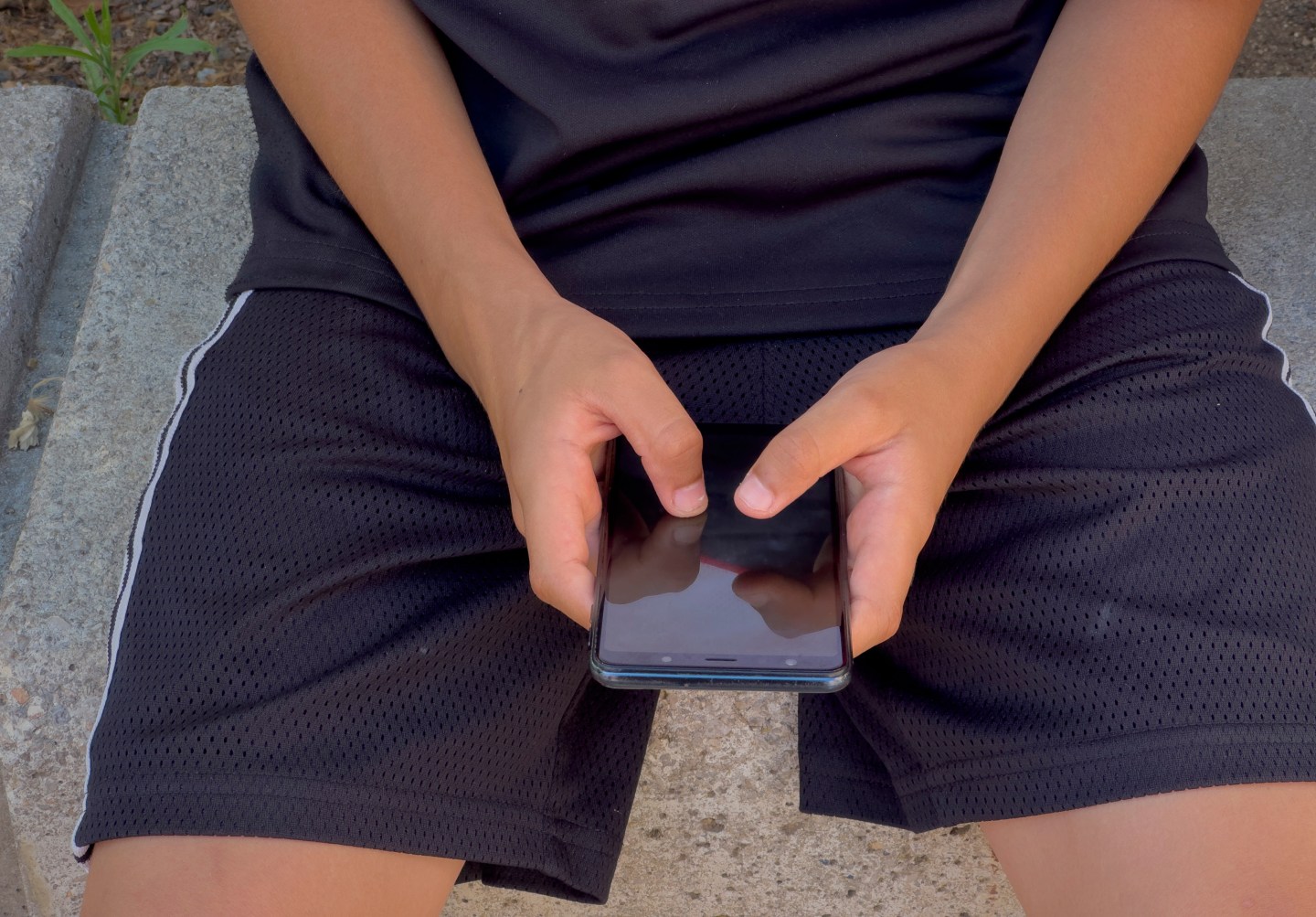Roughly a month ago, following a recommendation from its panel of advisers, the Food and Drug Administration authorized Pfizer’s COVID-19 booster vaccine for people at least 65 years old and younger adults who risk severe illness or viral exposure at work. Once the Centers for Disease Control offered its stamp of approval, roughly 60 million Americans became eligible to receive a booster shot as long as they had received their second Pfizer dose at least six months before. According to data from the CDC, an average of 362,000 people a day got boosters over the past week.
Last week, on Oct. 14 and 15, the FDA’s advisory panel met again to offer their recommendation on booster shots for both the Moderna and Johnson & Johnson vaccines. While the committee unanimously recommended Moderna’s booster for the same groups eligible to receive an additional shot of the Pfizer vaccine, it issued an even broader recommendation for Johnson & Johnson’s booster. The panel also discussed data on mixing and matching vaccines.
If you’re one of the 15 million people who received the Johnson & Johnson vaccine and are now wondering whether you might be eligible for a booster shot, here’s what you should know.
Who is eligible for a booster?
The FDA’s vaccine advisory group voted in favor of recommending the Johnson & Johnson booster for people 18 and older who received their initial immunization at least two months earlier. While the full and final details of who is eligible for the J&J booster won’t be known until next week, this recommendation (if followed) would essentially allow everyone who got the Johnson & Johnson vaccine more than two months ago to receive a booster. (The vaccine hasn’t yet been authorized for those under the age of 18.)
The broader recommendation comes as a result of the original J&J vaccine both coming in a single dose and demonstrating less efficacy against severe infection than the Pfizer and Moderna vaccines—a CDC report found that the Moderna vaccine was 93% effective against hospitalization, compared with 88% for Pfizer and 71% for Johnson & Johnson—with some experts on the panel arguing that it should have been a two-dose vaccine from the very beginning.
John Lauerman of Bloomberg reported that J&J presented data to the committee indicating that its vaccine loses efficacy over time, and that a booster shot is safe and can help restore both efficacy and levels of protective antibodies.
There still remain several hurdles before J&J recipients will officially be able to get their booster, though.
When can I get a booster shot?
After already authorizing the Pfizer booster for certain groups last month, the FDA is expected this week to make a final decision on who exactly is eligible to receive additional shots of the Moderna and J&J vaccines. While the agency isn’t required follow the panel’s recommendations, it often does.
After that, a CDC advisory panel is scheduled to meet on Oct. 20 and 21 to offer its recommendation on Moderna and J&J boosters to CDC Director Rochelle Walensky. Walensky would then be left to make the final decision. While the CDC also tends to follow its advisory group’s recommendations, Walensky recently overruled her advisers’ narrower recommendation for use of the Pfizer booster.
Over 100 million fully vaccinated people could be eligible for boosters should the FDA and CDC follow the recommendations of last week’s panel, according to the New York Times.
Should I get a Moderna or Pfizer booster instead?
The panel also spent time discussing whether recipients of the Johnson & Johnson vaccine would be safe—and potentially better off—receiving a booster shot from either Moderna or Pfizer. While the panel was not asked to take a vote on the matter, Dr. Peter Marks, who directs the FDA’s Center for Biologics Evaluation and Research, said that regulatory action allowing recipients of one vaccine to receive a different booster was possible.
Marks did not give a timetable as to when that decision would be made and suggested that more data would be needed first. But the New York Times has reported that the FDA will likely approve mixing and matching vaccine boosters, possibly as early as Wednesday.
Early results from a study conducted by the National Institutes of Health—which has not yet been peer reviewed— did show mixing and matching to be safe and effective. In fact, the study found that those who originally received the J&J vaccine produced stronger antibody levels after receiving booster shots made by Moderna or Pfizer, compared to boosters from Johnson & Johnson.
The trial involved over 450 people and studied each of the different orders in which the vaccines and boosters could be taken.
Back in January, the U.K. authorized mixing and matching for those who did not have access to a second dose of the vaccine they originally received. A preliminary British study showed that individuals who received one dose of the Pfizer vaccine and one dose of the AstraZeneca vaccine produced high levels of antibodies and a protective immune response against COVID-19.
More health care and Big Pharma coverage from Fortune:
- Experts warn of a resurgent flu season and a ‘twindemic’ winter
- Vaxxinity CEO says the U.S. needs more vaccine options
- New U.S. COVID cases are down 21%. See how your state is doing
- Commentary: How to find the best healthcare benefits deals
- India is unlocking its borders to tourists after 18 months. Some say it’s too soon
Subscribe to Fortune Daily to get essential business stories straight to your inbox each morning.











